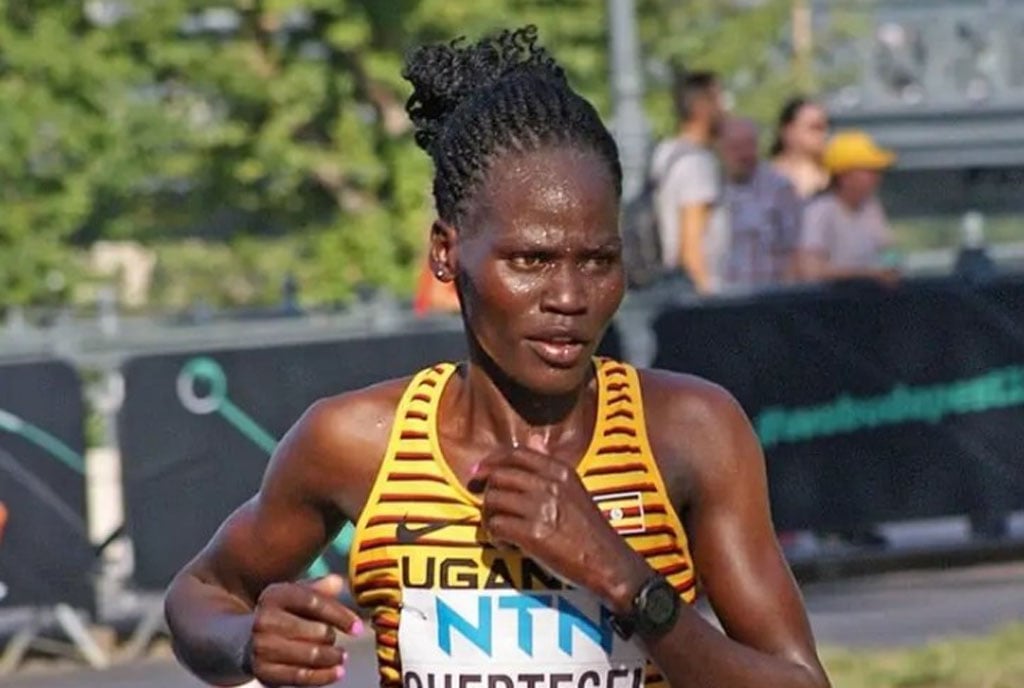Prime
Is space for Uganda’s NGOs shrinking?

Chris Nkwatsibwe
What you need to know:
- NGOs will thus have to make the difficult decision to side with the citizens who face difficult choices of choosing between their right to expression and right to life.
On Wednesday, December 2, the Daily Monitor carried a story in which it indicated that the Financial Intelligence Authority (FIA) had ordered the freezing of bank accounts of at least four civil society organisations and non-governmental organisations (NGOs) involved in good governance and election observation in the country. The story indicated the four organisations had been on surveillance for some time over their alleged links and “friendliness” to Opposition political parties. This is not the first time that the government is taking such actions to constrain NGO work and operations.
In 2017, for example, four organisations, including ActionAid International Uganda, were raided by security personnel and later had their accounts frozen on allegations of supporting illegal activities. It was later discovered that high ranking government officials had ordered the raid due to the organisations’ work on collecting citizens’ views on the then campaign against the removal of presidential age limits - the last remaining constitutional guarantee to a peaceful transition of power.
While NGOs are expected to be non-partisan, there are questions whether this characterisation is useful in a highly regressive and undemocratic State? In a typical liberal fashion, NGOs are seen as an arena of organised citizens and a collection of organisations that act to balance the State and the market - a place where civic and democratic values are nurtured.
In Uganda, the National NGO Policy provides a much broader definition of NGOs as ‘any legally constituted private, voluntary grouping of individuals or associations involved in community work, which augments government work, but is clearly not for profit or commercial purposes.’ This definition recognises the role of NGOs in Uganda’s development and delineates their activities, such as mobilisation, sensitisation, and aggregating citizen’s interests and actions but the government has created both legal and structural constraints to the operations of NGOs. It is also safe to underscore that this characterisation assumes a functional democratic state.
Admittedly, government is losing all characteristics of a democratic State. While the country has had five successive regular elections – fulfilling the minimum requirements of electoral democracy, it has consistently failed on the credibility, freeness, and fairness tests. Uganda’s elections are littered with episodes of violence, contested outcomes, and suppressed citizens’ voices.
Increasingly, the country’s democratic institutions have also lost their independence. In 2005, operations at the court were halted after a siege by a military unit during a case against Opposition leader Kizza Besigye. Two years later, security personnel stormed the court area to arrest six treason suspects, who had been granted bail. All these, coupled with the 2017 assault on the Parliament of Uganda by plain-clothed and uniformed armed men and women point to a very grim picture for Uganda’s democracy.
And the recent killings of citizens during protest all point to a deteriorating situation. While this could have passed as mistakes by errant security personnel, the shameless assertion by Security minister Elly Tumwine to shoot civilians if they protest, affirms the notion that the government is resentful to any form of political association, which is central in a democratic society.
This situation is compounded by a constraining legal regime for NGO operations riddled with numerous bureaucratic hurdles, burdensome reporting obligations, and overreaching surveillance of their work. NGOs will thus have to make the difficult decision to side with the citizens who face difficult choices of choosing between their right to expression and right to life.
For NGOs to do this, they must break the constraints of their non-partisan character lest history judges them harshly, for as Prof Oloka Onyango has argued before, keeping silent in the face of repressive actions by the State is a partisan act condoning that act.
Chris Nkwatsibwe
Mr Nkwatsibwe is the coordinator of civic space and governance monitoring at the Uganda National NGO Forum.




